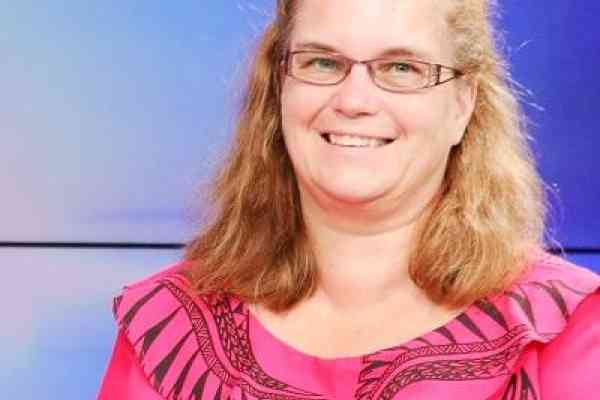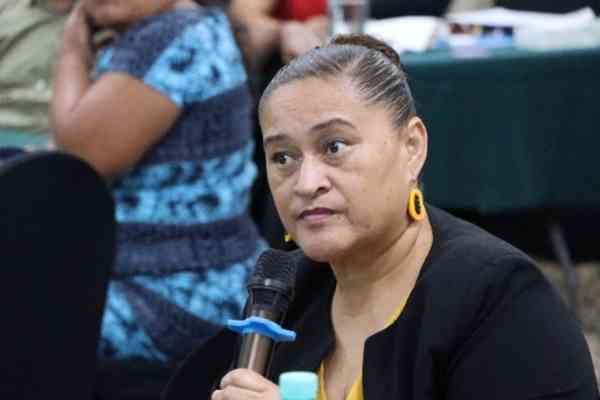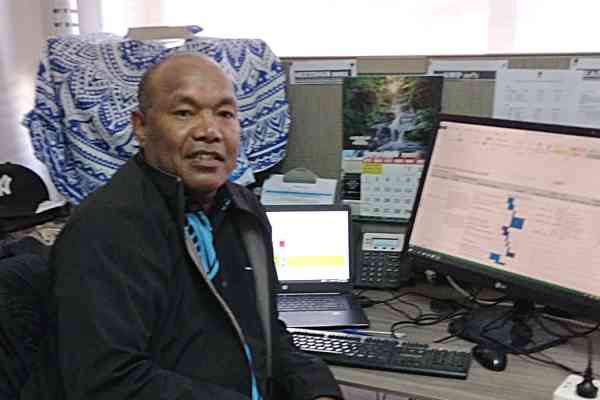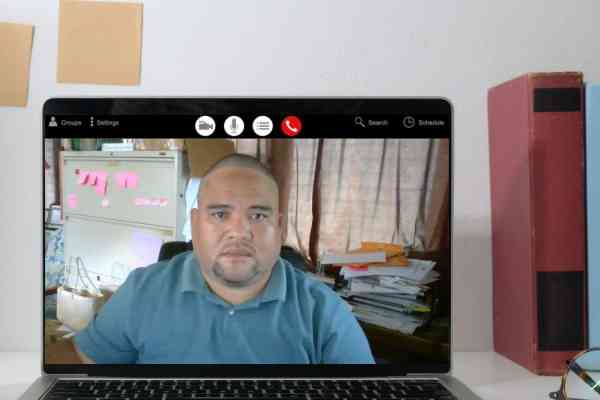Esteemed Heads of Education in the Pacific
Honored Education Partners
As we gather here today, we are reminded of the vast expanse of the ocean that unites us, connecting all the islands of the Pacific in a profound and enduring bond. It is within this shared embrace that we find the essence of our interconnectedness, a reminder of our collective responsibility towards the improvement of education and well-being of our region.
Within this vast expanse, we find ourselves weaving through the advancement, of the Pacific Islands Literacy and Numeracy Assessment (PILNA) and the development of Pacific Assessment for Lower Secondary (PALS) covered within the Pacific Education Regional Framework (PacREF) to shape the educational landscape of our region.
PILNA, now embarking on its fifth cycle, stands as a cornerstone of educational assessment within the Pacific and facilitates a comprehensive understanding of literacy and numeracy levels across our diverse communities.
PILNA is indeed a crucial tool for assessing and improving literacy and numeracy levels among students in the Pacific Islands. By analyzing the results of PILNA, policymakers and educators can identify areas of strength and weakness in literacy and numeracy education across different Pacific Island nations. This information can then be used to tailor interventions and allocate resources effectively to address specific challenges and promote improvements in student learning outcomes.
As we navigate through each stage of PILNA's cycle, from item development to data analysis and dissemination, we harness the power of data to inform strategic decisions and drive improvements in educational outcomes.
Similarly, the Pacific Assessment for Lower Secondary (PALS) will play a pivotal role in assessing key competencies such as literacy, numeracy, critical thinking, and science among lower secondary students. It aligns and reinforces our commitment to nurturing holistic learning environments that empower students to thrive and respond in an ever-changing world. Through PALS, we not only assess academic proficiency but also cultivate essential skills and competencies that are vital for success in the 21st century.
As leaders and partners of education in the region, let us imbue our efforts with the spirit of the Blue Pacific theme, embracing our cultural heritage and celebrating the diversity of knowledge and skills that define us. In doing so, we honor the unique talents and abilities of every student, ensuring that our educational systems are inclusive and equitable.
Let us embark on a journey guided by the deep currents of the Pacific Ocean, which weave together the diverse tapestry of our region.
Let this two days be an opportunity to explore further our assessment and education improvement journey and in collaboration chart our way forward for the betterment of the generation we serve.
Malo and remain blessed ALL.



